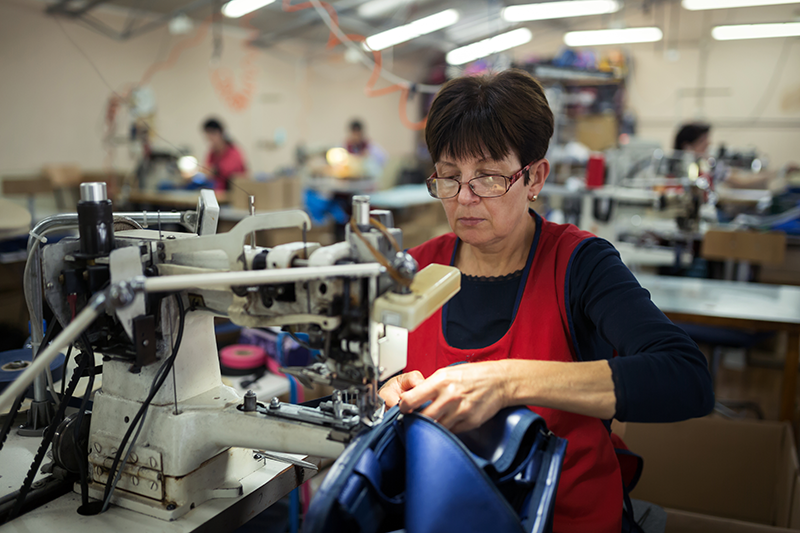Over 40 years, Eurofound has developed as a key centre of expertise for monitoring and analysing trends in industrial relations. This includes linkages between European and national-level social dialogue. Drawing on the knowledge of its Network of Eurofound Correspondents in the EU Member States and Norway, it has captured developments in all Member States and in the EU as a whole.
Eurofound has produced a range of comparative analyses, articles and case studies across the EU and Norway in the area of industrial relations, as well as regularly updated databases on related topics.
Research maps and discusses key dimensions and indicators relevant to industrial relations systems in Europe in the 21st century. Another thread of research looks at how social partners in the EU and Norway have explored new topics, tools and innovative approaches to respond to the many new political, legal and social challenges that have arisen in recent years.
Pay and working time continue to be areas of high interest and are reviewed annually. One strand of the recent pay update focuses on statutory minimum wage levels across the EU while another focuses on collective wage bargaining.
Since 2006, Eurofound has been carrying out studies on the representativeness of European sectoral social partner organisations, as mandated by the European Commission. These studies are designed to provide the basic information needed for the setting up and functioning of the European sectoral social dialogue committees.
Resources






























